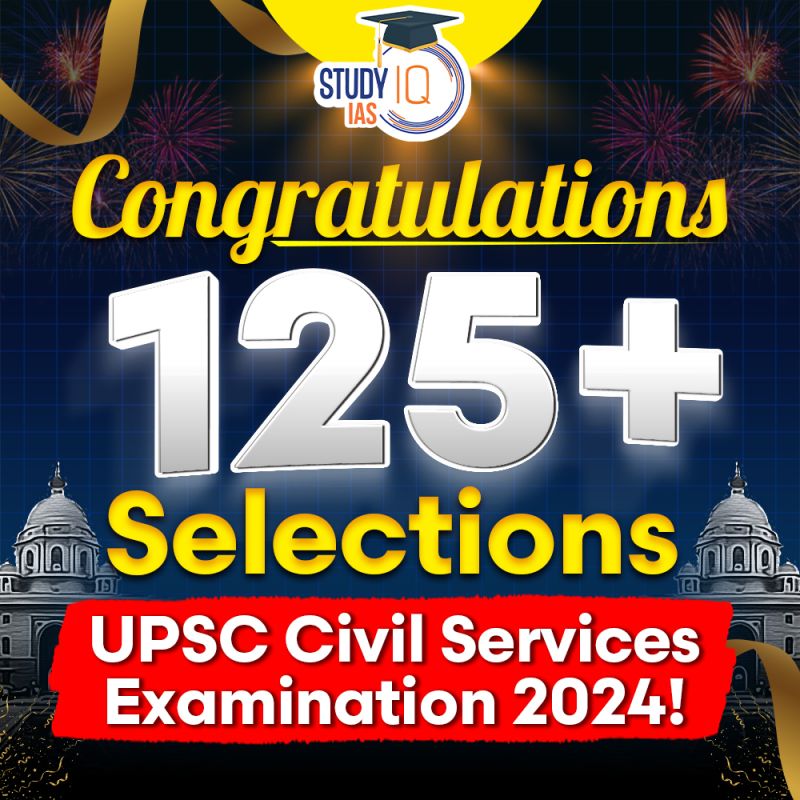Table of Contents
Marriage is highly valued in Indian society, often seen as a union of families rather than just two individuals. Traditionally, many regions prefer marriages within the same caste or religion, leading to strong social pressures against inter-caste or inter-religious marriages. Couples who marry outside their communities can face severe backlash, including social ostracism.
To address these issues, the British introduced the Special Marriage Act in 1954, allowing interfaith and inter-caste marriages without requiring couples to change their religious identities. This act was meant to support the principle of secularism in India, especially after the divisive partition of 1947. However, the original laws had many loopholes and needed updates to fit modern society. The Special Marriage Act, 1954, aimed to provide a legal way for couples to marry while retaining their faiths, facilitating greater acceptance of diverse unions.
Special Marriage Act 1954
The Special Marriage Act, of 1954, is an important secular law in India that allows marriages to occur without religious restrictions. It applies to all Indian citizens, whether in India or abroad, but does not cover Jammu and Kashmir.
This law enables a unique form of marriage through registration, allowing couples to marry without changing their religion. It aims to support interfaith and inter-caste marriages, unlike traditional arranged marriages that often involve families from the same community. The registration certificate serves as legal proof of the marriage. The Act also covers divorce and outlines specific conditions for marriage and registration.
| Objectives |
| Objectives of the Special Marriage Act, 1954
The main goals of the Act are:
|
Special Marriage Act 1954 Procedure
Under the Special Marriage Act 1954, couples who wish to marry and register their marriage have to follow certain procedures:
Notice of Intended Marriage
The couple needs to file a Notice of Intended Marriage with the Marriage Registrar of the district where at least one of the parties has resided for a minimum of 30 days prior to filing the notice.
Publication of Notice
After receiving the notice, the Marriage Registrar will publish it in the prescribed manner, allowing for any objections to be raised.
Objections and Inquiry
If any objections are raised, the Marriage Registrar will investigate and inquire into them. If the objections are found to be invalid, the marriage can proceed.
Solemnization of Marriage
The marriage can be solemnized after the expiry of one month from the date of publication of the notice, provided no objections are raised or the objections are dismissed.
Registration of Marriage
Once the marriage has been solemnized, the Marriage Registrar will enter the details of the marriage in a register and issue a certificate of marriage to the couple.
The Special Marriage Act also lays down provisions for marriage between persons of different religions, court marriages, and marriages between Indian citizens residing abroad.
Read about: Pitt’s India Act 1784
Conditions of the Special Marriage Act, 1954
Before a marriage can be conducted under the Special Marriage Act, 1954, certain conditions must be met
- Monogamy: Both parties must not have a living spouse.
- Mental Fitness: Both parties should be mentally sound and able to make their own decisions.
- Age Requirement: The man must be at least 21 years old, and the woman must be at least 18 years old at the time of marriage.
- No Close Relations: The couple must not be blood relatives.
If any of these conditions are not met, the marriage will be considered invalid.
Changes with the Special Marriage Act
- Property Succession: Marriages under this act, or registered marriages, are subject to the Indian Succession Act. If the couple is Hindu, Buddhist, Sikh, or Jain, then the Hindu Succession Act applies.
- Registration Requirement: In 2006, the Supreme Court mandated that all marriages must be registered. Couples can choose to register under either the Hindu Marriage Act, 1955, or the Special Marriage Act, 1954. The Special Marriage Act applies to all Indian citizens, regardless of their religion.
Problems in Special Marriage Act
While the Special Marriage Act of 1954 provides a legal framework for couples to marry and register their marriage without any religious affiliation, there are some problems associated with its implementation:
Social Stigma
Inter-faith or civil marriages are still viewed with suspicion and often face social stigma in Indian society. This can make it difficult for couples to register their marriage and live together without facing societal pressure.
Objections and Delay
The process of registering a marriage under the Special Marriage Act involves publishing a notice of intended marriage and allowing for objections to be raised. This can lead to delays and create difficulties for couples who may face objections from family or community members.
Lack of Awareness
Many people are not aware of the provisions of the Special Marriage Act and its procedures. This can lead to confusion and make it difficult for couples to register their marriage.
Complex Procedures
The procedures for registering a marriage under the Special Marriage Act can be complex and involve multiple steps. This can make it difficult for couples who may not have the required documents or face language barriers.
Legal Challenges
The validity of marriages registered under the Special Marriage Act has been challenged in courts on various occasions, leading to uncertainty and legal complications for couples who have registered their marriage under the act.
Read about: Charter Act of 1793
Difference between Hindu Marriage Act and Special Marriage Act
The Hindu Marriage Act and the Special Marriage Act are two different laws that govern marriage in India. The main differences between these two laws are:
| Difference | Hindu Marriage Act | Special Marriage Act |
| Applicability | The Hindu Marriage Act applies only to Hindu, Jain, Sikh, and Buddhist communities. | While the Special Marriage Act is applicable to all citizens of India irrespective of their religion, caste or community. |
| Procedure | Under the Hindu Marriage Act, marriage is a religious sacrament, and the ceremony is conducted according to the religious customs of the parties involved. | In contrast, the Special Marriage Act provides a civil marriage framework, where couples can register their marriage without any religious ceremony. |
| Divorce | The Hindu Marriage Act provides specific grounds for divorce such as adultery, cruelty, and desertion. | While the Special Marriage Act provides only one ground for divorce, i.e., irretrievable breakdown of the marriage. |
| Registration | The Hindu Marriage Act does not require the registration of marriages. | While the Special Marriage Act mandates the registration of marriages. |
| Family Law | The Hindu Marriage Act provides for several family law provisions, including adoption, maintenance, and guardianship of children. | Which are not covered under the Special Marriage Act. |
Read about: Indian Councils Act 1861
Special Marriage Act UPSC
The Special Marriage Act is an important topic for the UPSC exam as it is part of the Indian legal framework governing marriages. Aspirants preparing for the UPSC exam need to be familiar with the provisions of the act, its procedures, and its relevance in contemporary India. The topic is included in the UPSC Syllabus under Indian Polity and Governance, and knowledge of the act can help aspirants in answering questions related to social issues and family law in the UPSC exam. StudyIQ UPSC Online Coaching and UPSC Mock Test cover the Special Marriage Act as part of their curriculum to help aspirants prepare comprehensively for the exam.
Read about: Rowlatt Act

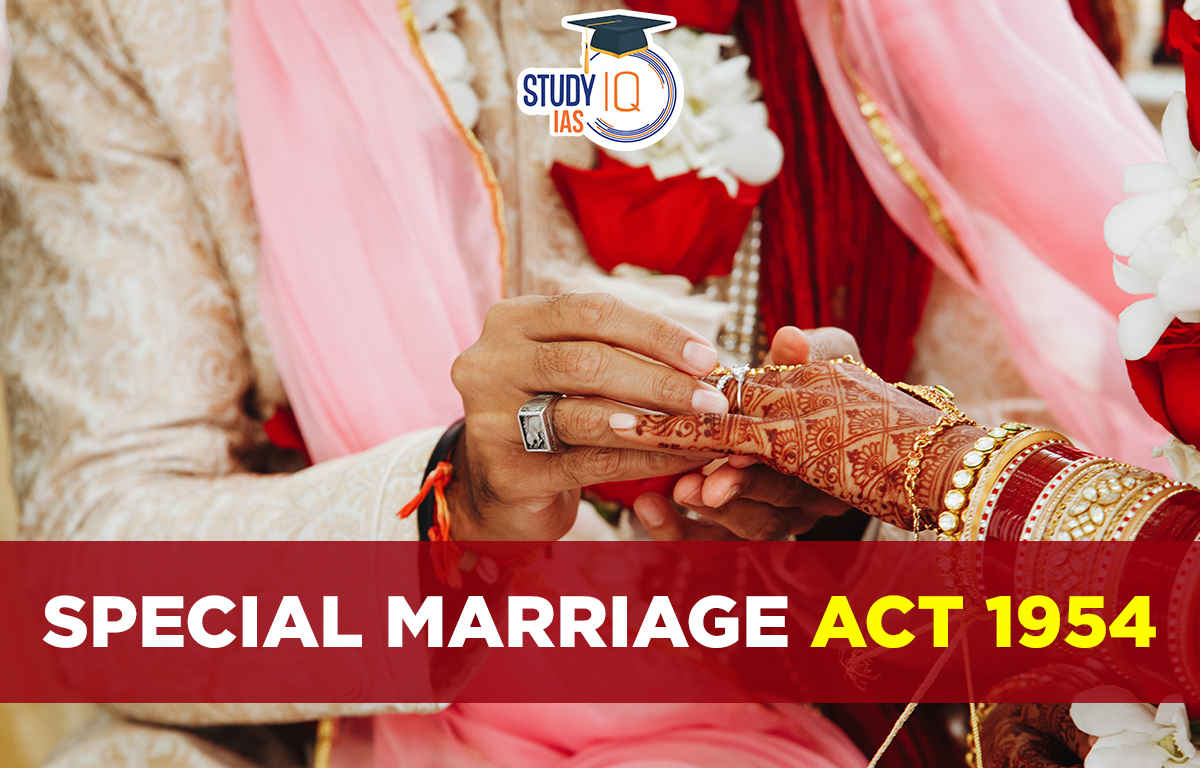
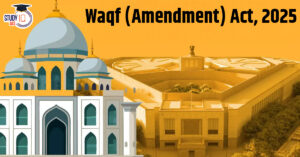 Waqf Act (Amendment) 2025: Key Highlight...
Waqf Act (Amendment) 2025: Key Highlight...
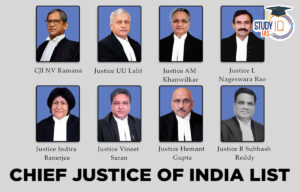 Justice BR Gavai will take oath as 52nd ...
Justice BR Gavai will take oath as 52nd ...
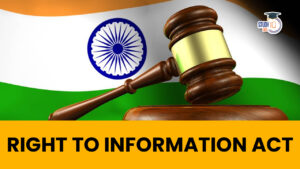 Right To Information Act, Objective, Fea...
Right To Information Act, Objective, Fea...

